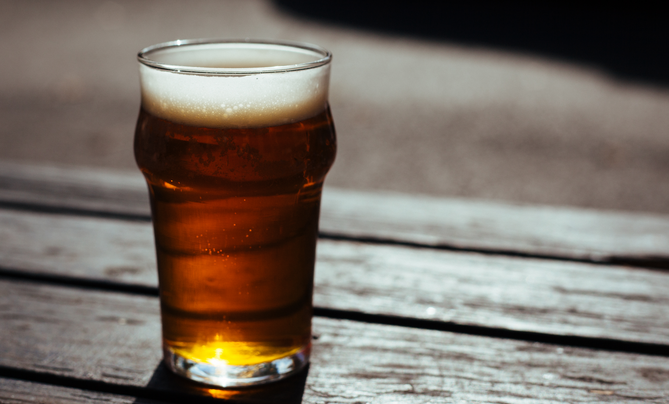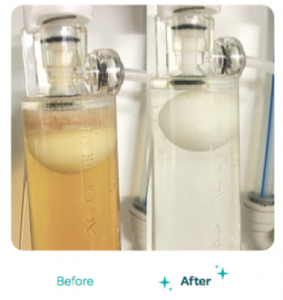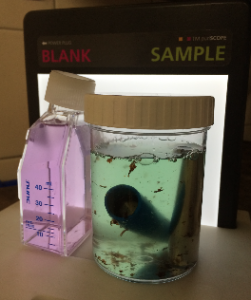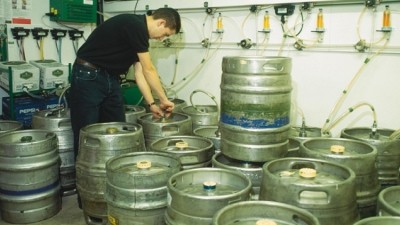7 day beer line cleaning rule ‘not strictly true’

The Beer Quality Report, released by Vianet and Cask Marque this month, compiled data from 220,000 Vianet devices along with more than 22,000 Cask Marque pub visits and 750 Scores on the Cellar Doors results.
Read more: Where are the ‘dirtiest’ pints in Britain?
Analysis of the figures showed more than 30% of all beer served in the UK came from lines that had not been cleaned within the recommended seven-day rule.
The report authors did highlight the necessity of cleaning lines correctly, but measured unclean beer lines based on the frequency of cleaning.
Avani director Amanda Thomson told The Morning Advertiser (MA), while they support the 7-day cleaning rule, the key to success is verifying the job has been done properly.
She said: “Someone can clean their lines every three or four weeks and still have a clean line.
Read more: Pubs face potential ruin if the quality of beer is not improved in such a competitive environment
“It’s not as simple as measuring frequency, but there needs to be a very simple message to pubs that process is just as important as regularity.”
Clean every four weeks
Pubs could clean their lines up to every four weeks and still meet the hygiene standards of a good quality, clean pint, furthered Thomson.
However, such a process should be undertaken by a professional and under no circumstances should a pub team take it upon themselves to clean every four weeks only and do so without permission from the lead brewer, as this could be damaging to hygiene and beer quality.
EVENT NEWS: Come to The Morning Advertiser's Future Trends: Beer and Cider event 2017
Many of the business’s customers, which include Molson Coors, Heineken, Carlsberg, Asahi, JD Wetherspoon and Fuller's, could have their lines cleaned up to every four weeks by Avani.
“We can do a line clean and then come back in four weeks for another clean and they will still be clean when tested with a chemical indicator,” claimed Thomson.
“As long as the bar staff follow strict instructions and manage the hygiene between cleaning then it will still be clean even when we come to do a full clean.”
Read more: Cask Marque announces plans to create first bar staff training scheme for the on-trade
The key to success is starting out with a clean system, she added. Starting with a dirty structure and then carrying out a generic clean and flush will not necessarily end well.
“It’s like wiping a dirty kitchen worktop with a dirty cloth and not sanitising the area properly. Just because you have wiped it, that does not mean it is clean,” continued Thomson.
An audit report from one of the company’s customers, seen by MA, showed the hygiene results of a pub conducting weekly beer line cleaning was poor.
Levels of beer hygiene
Dirty sockets, couplers and stained outer cases, along with samples heavily contaminated with biofilm, indicated the site was failing to achieve acceptable overall levels of beer hygiene.
There was also a heavy build-up of biofilm, which can grow rapidly if left untreated, at the tap end of the pumps despite weekly cleaning.
The industry needed to reassess how it manages hygiene if pint after pint served is to be the best standard, she added.
Even the small parts of a clean, such as nozzles, for instance, were not being carried out correctly by many pubs.
It is a familiar sight to walk into a pub and see beer nozzles soaking in a pint glass of water.
“You see people take them off and even put them in teapots,” Thomson added. “This is because someone has told them to do it like this, but if you left some dirty dishes soaking in a sink overnight, they would not be clean, so your nozzles are not clean either.”










